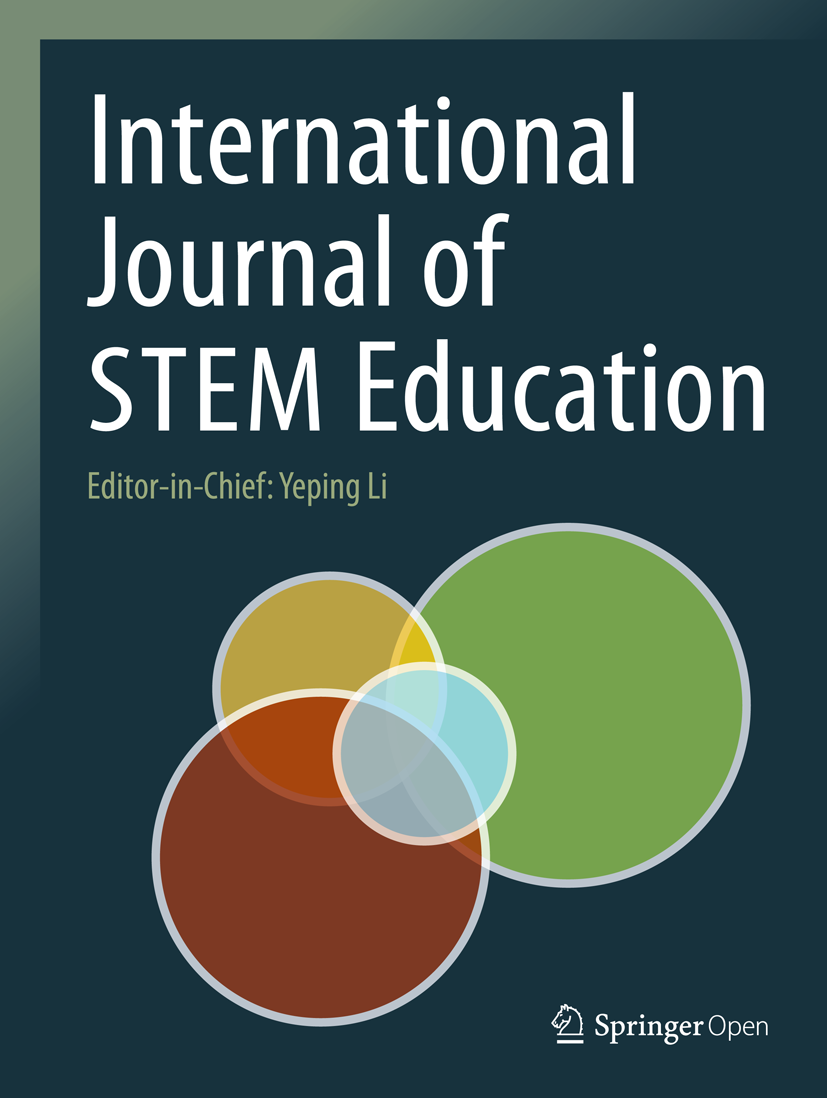The effects of educational robotics in STEM education: a multilevel meta-analysis
IF 8
1区 教育学
Q1 EDUCATION & EDUCATIONAL RESEARCH
引用次数: 0
Abstract
Educational robotics, as emerging technologies, have been widely applied in the field of STEM education to enhance the instructional and learning quality. Although previous research has highlighted potentials of applying educational robotics in STEM education, there is a lack of empirical evidence to investigate and understand the overall effects of using educational robotics in STEM education as well as the critical factors that influence the effects. To fill this gap, this research conducted a multilevel meta-analysis to examine the overall effect size of using educational robotics in STEM education under K-16 education based on 30 effect sizes from 21 studies published between 2010 and 2022. Furthermore, we examined the possible moderator variables of robot-assisted STEM education, including discipline, educational level, instructor support, instructional strategy, interactive type, intervention duration, robotic type, and control group condition. Results showed that educational robotics had the moderate-sized effects on students’ STEM learning compared to the non-robotics condition. Specifically, educational robotics had moderate-sized effects on students’ learning performances and learning attitudes, and insignificant effects on the improvement of computational thinking. Furthermore, we examined the influence of moderator variables in robot-assisted STEM education. Results indicated that the moderator variable of discipline was significantly associated with the effects of educational robotics on STEM learning. Based on the findings, educational and technological implications were provided to guide future research and practice in the application of educational robotics in STEM education.教育机器人在 STEM 教育中的效果:多层次荟萃分析
教育机器人作为新兴技术,已被广泛应用于 STEM 教育领域,以提高教学和学习质量。虽然以往的研究已经强调了教育机器人技术在 STEM 教育中的应用潜力,但目前还缺乏实证研究来调查和了解教育机器人技术在 STEM 教育中应用的总体效果以及影响效果的关键因素。为了填补这一空白,本研究基于 2010 年至 2022 年间发表的 21 项研究中的 30 个效应大小,进行了多层次荟萃分析,以考察在 K-16 教育阶段的 STEM 教育中使用教育机器人的总体效应大小。此外,我们还考察了机器人辅助STEM教育可能的调节变量,包括学科、教育水平、教师支持、教学策略、互动类型、干预持续时间、机器人类型和对照组条件。结果表明,与非机器人条件相比,教育机器人对学生的 STEM 学习具有中等规模的影响。具体来说,教育机器人对学生的学习成绩和学习态度有中等程度的影响,而对计算思维能力的提高影响不大。此外,我们还研究了机器人辅助 STEM 教育中调节变量的影响。结果表明,学科这一调节变量与教育机器人对 STEM 学习的影响显著相关。根据研究结果,我们提出了教育和技术方面的启示,以指导未来在 STEM 教育中应用教育机器人的研究和实践。
本文章由计算机程序翻译,如有差异,请以英文原文为准。
求助全文
约1分钟内获得全文
求助全文
来源期刊

International Journal of Stem Education
Social Sciences-Education
CiteScore
12.40
自引率
11.90%
发文量
68
审稿时长
13 weeks
期刊介绍:
The International Journal of STEM Education is a multidisciplinary journal in subject-content education that focuses on the study of teaching and learning in science, technology, engineering, and mathematics (STEM). It is being established as a brand new, forward looking journal in the field of education. As a peer-reviewed journal, it is positioned to promote research and educational development in the rapidly evolving field of STEM education around the world.
 求助内容:
求助内容: 应助结果提醒方式:
应助结果提醒方式:


